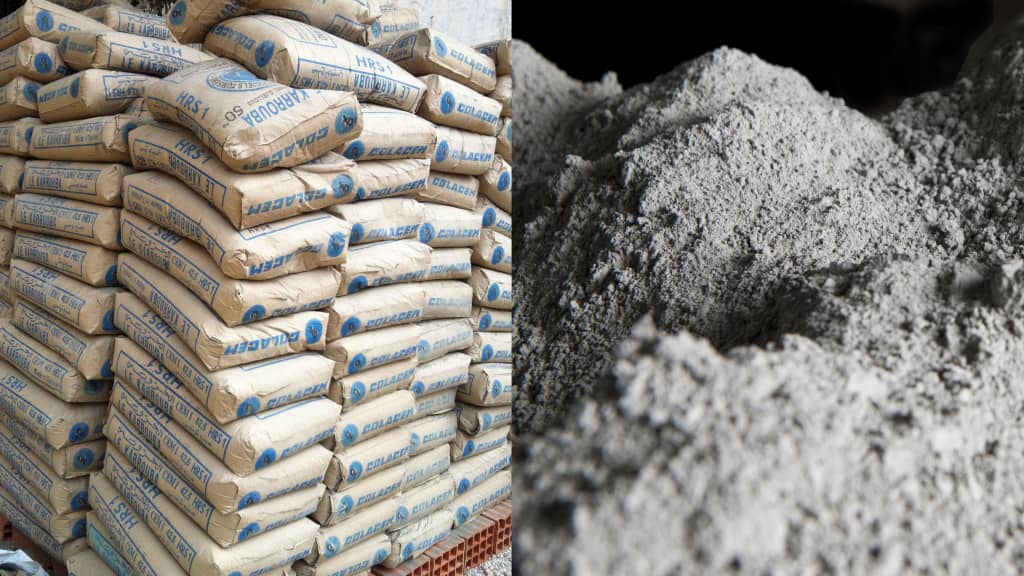Business
Nigeria holds the record for the most expensive cement prices worldwide — Producers

According to David Iweta, national head of the Cement Producers Association of Nigeria (CEPAN), Nigeria has maintained its position as the nation with the highest cement pricing globally for the past ten years or so.
Furthermore, he claimed that despite assertions made by the three main owners of the nation’s cement plants, Nigeria will require an extra seven to ten million metric tonnes (mmts) annually to meet local demand due to an increase in the building of infrastructure and homes.
In an interview with the Nigerian Tribune in Lagos, Iweta insisted that the country’s high cement prices were caused by the industry’s incapacity to supply the demand for the product.
Nigeria has the highest cost of cement worldwide, according to pricing comparisons.
Dangote currently produces 17 mmts, 10 mmts for BUA, and 7 mmts for Larfarge. To meet demand, an extra 10mmts are required, according to Iweta.
The national head of CEPAN called on President Bola Tinubu to enable other firms to enter the cement production and distribution market in order to break the monopoly and offer solutions.
He demanded that businesses with confirmed local stakes in cement be included in the scope of participation.
READ ALSO: Kano research centre starts offering clinical services to reduce medical tourism among Nigerians
Iweta contends that the government ought to consciously promote the entry of new firms into the market by granting permits for the discovery and production of limestone in the region.
Furthermore, he pleaded with the administration to get financial institutions to back the initiative.
“The government must permit the entry of individuals holding unutilized cement licences,” stated Iweta. The quarry licences that were granted to us so that we could produce cement locally should have expired. Instead, they should have been updated so that, after we finish importing those quantities (500,000 mmts apiece), we may begin producing locally, which should happen in two to three years.
“After we bring in the imported goods to cover the shortfall, we’ll all return to producing locally.”
In a letter to Tinubu, he justified the call by pointing out that cement is a necessary component for bridging the nation’s infrastructure gap, housing shortage, and other income-generating activities. It also needs to be supplied at a reasonable price point, as it is in most of the world.
